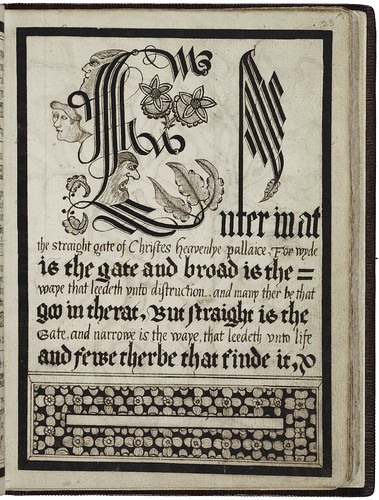
Enter in at the straight gate of Chryſtes heavenly pallaice,
For wyde is the gate and broad is the waye that leedeth unto diſtruction,
and many ther be that go in therat, But ſtraight is the Gate,
and narrowe is the waye, that leedeth unto life and fewe therbe that finde it
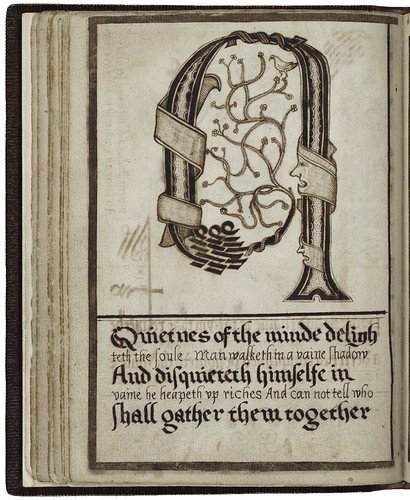
Quietnes of the minde delighteth the ſoule
man walketh in a vaine ſhadow
And diſquieteth himſelfe
in vaine he heapeth up riches
And can not tell who ſhall gather them together
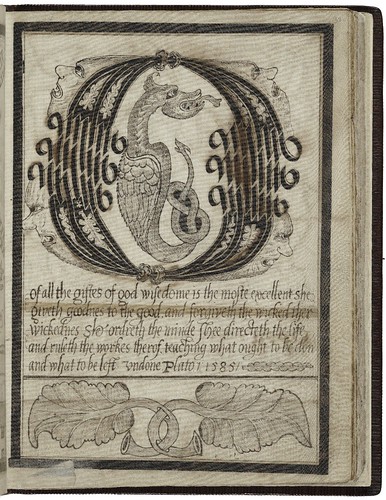
Of all the giftes of god wiſedome is the moſte excellent
she giveth goodness to the good, and forgiveth the wicked ther wickedness
she ordreth the minde ſhee directeth the life and ruleth the workes therof
teaching what ought to be don and what to be left undone. -Plato 1585-
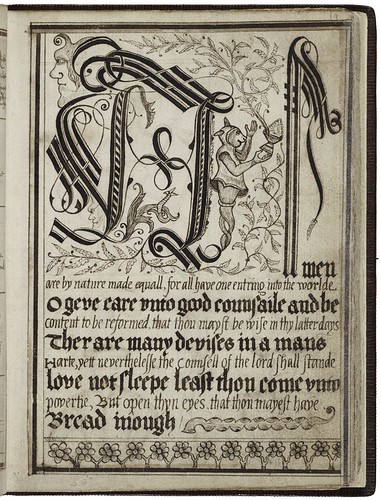
[All?] men are by nature made equall,
for all have one entring into the worlde
O geve care unto good counſaile and be content to be reformed,
that thou mayſt be wiſe in thy latter days
Ther are many deviſes in a mans Harte,
yett nevertheleſſe the counſell of the lord ſhall ſtande
love not ſleepe leaſt thou come unto povertie,
But open thyn eyes that thou mayeſt have bread inough
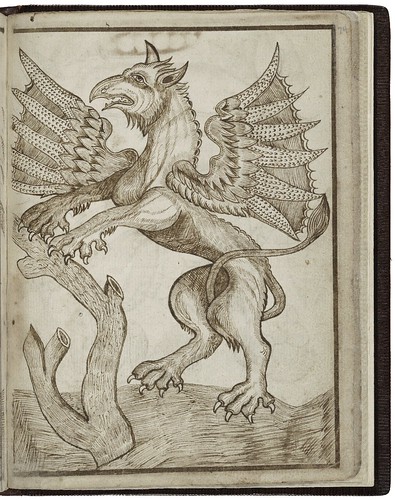

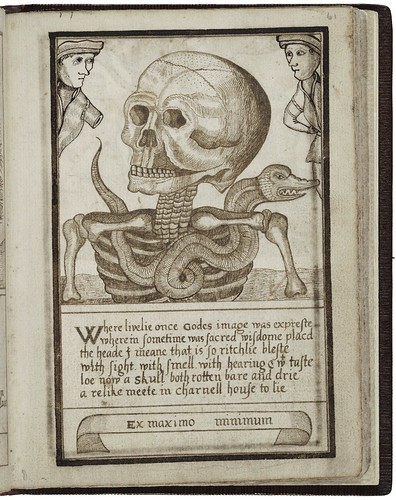
Where livelie once Godes image was expreſte
wherein ſometime was ſacred wiſdome placd
the heade (?) meane that is ſo ritchlie bleſte
with ſight. with ſmell. with hearing and with taſte
loe now a skull both rotten bare and drie
a relike meet in charnell houſe to lie
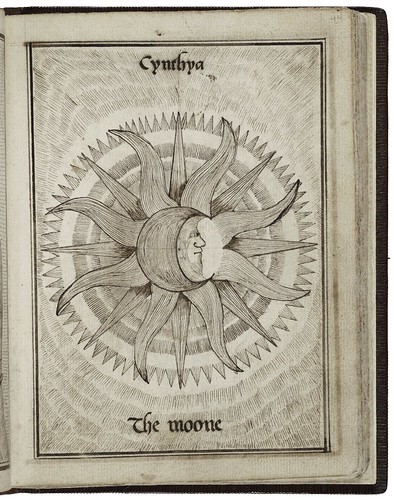

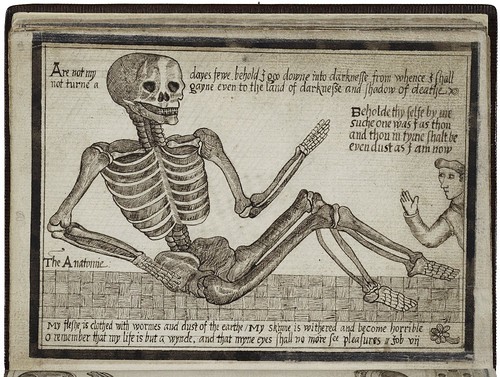
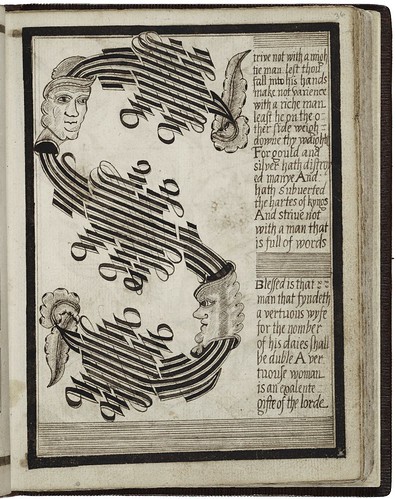
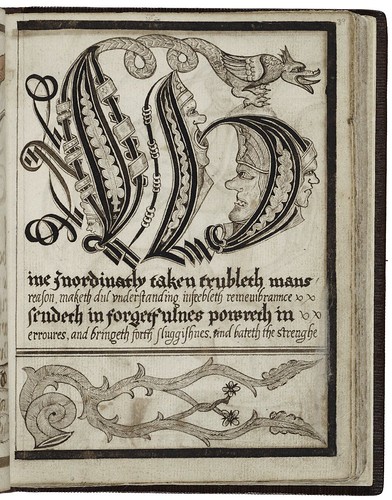
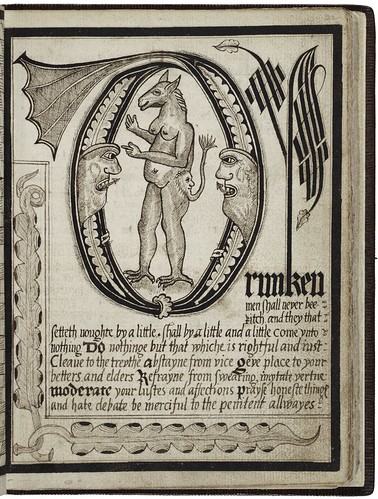
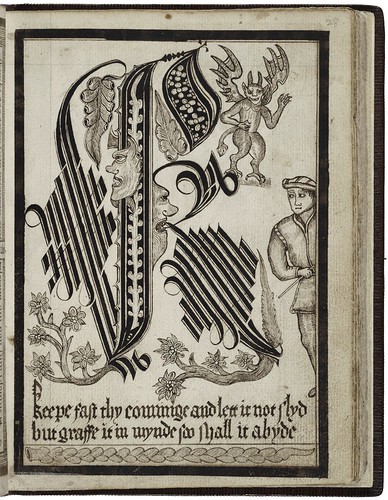
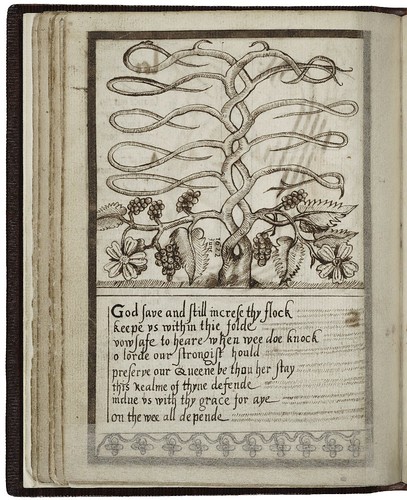

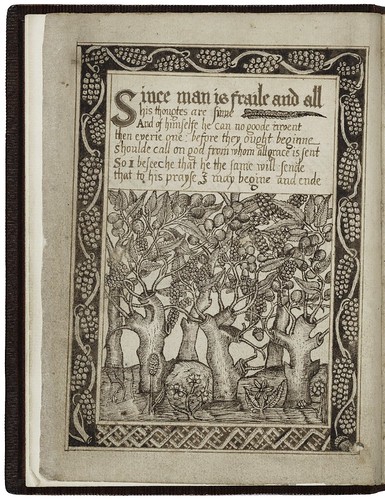
Since man is fraile and all his thoughts are ſinne
And of himſelf he can no good invent
then everie one before they ought beginne
should call on god from whom all grace is ſent
So I beſeeche that he the ſame will ſende
that to his prayſe I may begine and ende
"The Folger's Digital Image Collection offers online access to over 21,000 images from the Folger Shakespeare Library collection, including books, theater memorabilia, manuscripts, art, and more."The images above come from the amazing 'A Booke of Diverse Devices and Sorts of Pictures With the Alphabets of Letters..' [Shelfmark V.a. 311.] (created: 1585-1598, 1622) by Thomas Fella (d. 1637).
[direct link to In-browser collection (Luna Insight)]
This is an exceptional [new] database. [via]
There is very very little background information available online about this remarkable pen and ink manuscript. Thomas Fella was born at Bramfield, near Halesworth, in Suffolk and was a successful draper and merchant and an "enthusiastic writer and artist who has left two historically important manuscripts with unique and fascinating illustrations.[..] One manuscript is deposited in the Lowestoft Record Office and the other is in America."
Described, at times, as a commonplace book (and also as an emblem book), some of the illustrations - shearing/rural scenes - appear in histories recording agricultural practices in Elizabethan times. Fella created the manuscript as some sort of private instructional or devotional work, combining religious or didactic verse*, idiosyncratic 'natural history' sketches, highly decorative - and likely copied - historiated alphabet letters, with occasional dedications to Queen Elizabeth I. It is a most extraordinary document, without precedent that I can recall offhand.
*At least some of the writing derives from Shakespeare, naturally.
Update: Aeron has been monster diving in the Folger.
UPDATE: Folger now provides access (via Luna software) to an upgraded version of their image dbase.
UPDATE 2: An extensive analysis and commentary on Fella's 'Booke of Diverse Devices', edited by Martin Sanford and John Blatchly, is available online via the Suffolk Biological Records Centre (via comment below).
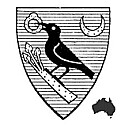








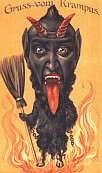
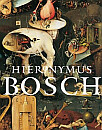
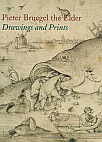
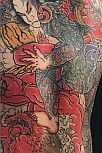
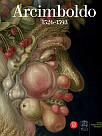

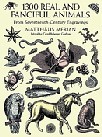
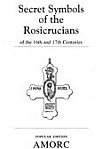
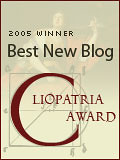

6 comments :
I've been impressed with what I've seen the Folger put up lately in terms of online exhibitions, but I didn't know they had launched an image database.
My suspicion is that Thomas Fella wasn't entirely unique in doing this kind of thing but that the survival rate for manuscripts by merchants and drapers is considerably lower than that for those created for the rich. I'm just envisioning a couple unsympathetic heirs looking through someone's effects and saying "Look at this outdated stuff Uncle Joe wasted his time on." -- "Yeah, toss it in the pile with his worn-out socks, it can go to the paper-maker's." Heirs can be remarkably stupid.
Fella specifically bequeathed his collection of books & manuscripts to his grandson; so he must have correctly judged the younger fella's - couldn't resist - character.
Mm... everyone keeps some sort of journal at some stage in their life and there's no reason to think that it was toooo different 400+ years ago (literacy and material costs notwithstanding). And, as with today, for every excellent outcome there will have been a thousand pieces of crapola. Heirs can also be remarkably discerning.
That's intriguing, that we have the specific will. I very much like that Fella picked out a discerning heir in advance rather than just leaving a pile of stuff with no directives. I was thinking about how often people die unexpectedly and the heirs (even if relatively discerning) feel overwhelmed and end up throwing out too much or just put the estate up for auction without looking through it.
Is it just me, or is the script in this book uncommonly legible?
Readers of bibliodyssey and those interested in digital images of Folger collection material can find an upgraded version of the database at: luna.folger.edu. For background about this growing digital image collection and pointers on how to use the database, visit: www.folger.edu/Content/Collection/Digital-Image-Collection/.
Fella copied much of his material from a surprising range of sources. You may be interested to see a commentary on this text my colleague John Blatchly and I published last year. See online version at:
http://suffolkbrc.org.uk/public_html/sites/default/files/Fella/Fella.htm
Post a Comment
Comments are all moderated so don't waste your time spamming: they will never show up.
If you include ANY links that aren't pertinent to the blog post or discussion they will be deleted and a rash will break out in your underwear.
Also: please play the ball and not the person.
Note: only a member of this blog may post a comment.